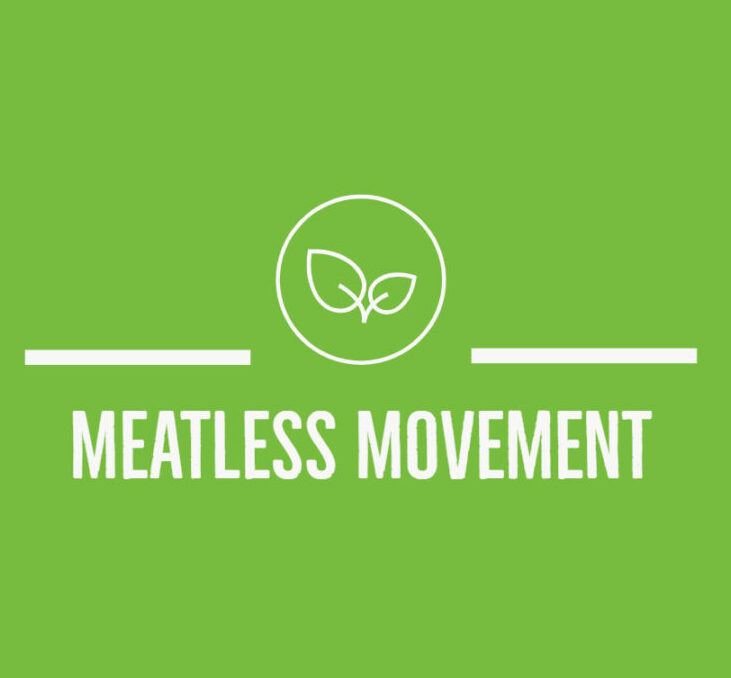Introducing Dr. Carlie Arbaugh: Plant-Based Doctor, Surgeon, Chef, and DEI Advocate Embracing Good Food for Health, Happiness, and Harmony
Dr. Carlie Arbaugh embodies a plant-based lifestyle, both as a doctor/surgeon and a skilled chef. But her contributions extend far beyond the realms of medicine and culinary arts. Driven by her belief that good food is the cornerstone of health, happiness, and harmony, she is also a dedicated social justice advocate.
As an advocate for diversity, equity, and inclusion (DEI), Dr. Carlie Arbaugh champions for equal rights and opportunities for all. In her free time, she indulges her love for exploration, traveling the world and immersing herself in new cultures.
A true dog lover, Dr. Carlie Arbaugh finds joy in the company of her four-legged friends. With a dynamic energy that keeps her constantly on the move, she radiates good vibes and practices mindfulness through activities like yoga and meditation.
Join us in celebrating Dr. Carlie Arbaugh’s remarkable journey as she continues to make a positive impact in the fields of medicine, culinary arts, and social justice.
Tell us more about yourself, please
Shifting to a more plant based diet can have a huge impact on climate health
Carlie Arbaugh, MD, Chef in training
I was born and raised in rural Pennsylvania. After high school I moved to New York to study Human Biology, Health, and Society in the Division of Nutritional Sciences at Cornell University.

After working at Boston Children’s Hospital for two years, I moved to California to study medicine at the Stanford School of Medicine. I am currently four years into being a physician and training as a surgeon at Stanford Healthcare.
I recently completed my Certification in Culinary Arts and have been working on several interventions around plant based nutrition including advocacy, education of healthcare professionals, patients, and the community, as well as changes to hospital food.
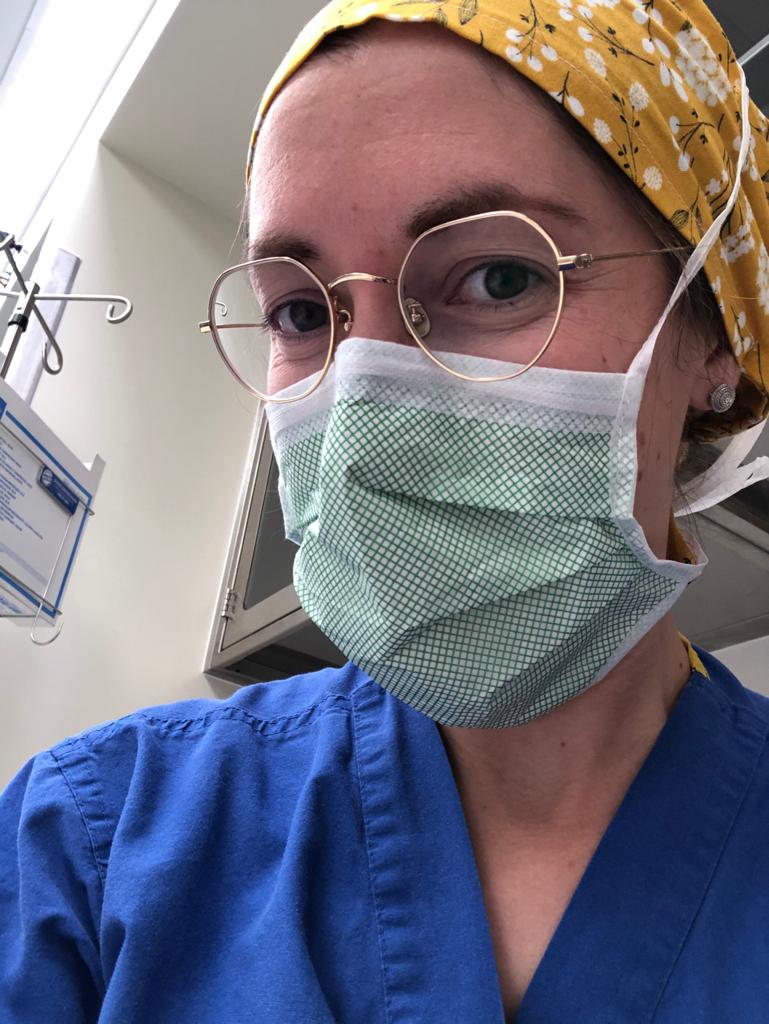
Food is truly central to so many things that I am passionate about – health equity, quality of life, social justice, environmental sustainability, relationships, culture, community, deliciousness 🙌🏼
Carlie Arbaugh, MD, Chef in training
I grew up eating a primarily vegetarian diet. My parents have been vegetarian or pescatarian for years. I also had a grandfather who was vegan and had a huge influence on me – he was the fittest 80 year old I’ve ever met.
As a teen I became very interested in nutrition and vegetarianism for athletic performance. As an adult I continued to be vegetarian and in recent years I have shifted towards a more vegan lifestyle. I would say I am about 95% vegan at this point. I will eat the occasional cheese when I am out to eat or a homemade baked good that has some egg or butter in it; otherwise it’s all plants for me. I have come to love and adopt the whole food plant based model of living.
With myself, family, friends, colleagues, and patients, I take an approach that focuses on which healthful and delicious whole food plant based additions, swaps, and shifts can be made instead of an emphasis on restriction.
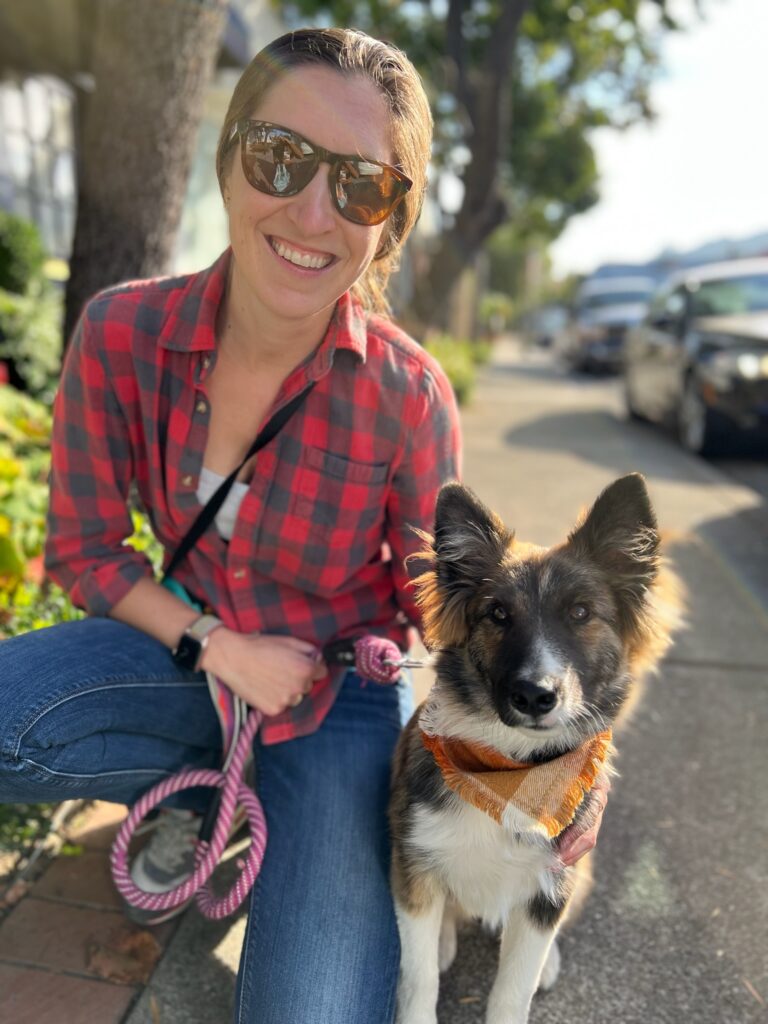
Fancy plants 🌱👌🏼
Carlie Arbaugh, MD, Chef in training
Sometimes it was challenging to be vegetarian growing up. It wasn’t popular where I came from, at least not 10-20 years ago. I’ve seen a huge societal shift and that’s really exciting to me. Living in California has definitely made it easier but I’ve also traveled to places all over the world (North, Central, and South America, Europe, Asia, Africa) and have had no issues remaining plant based.
No challenge finding delicious whole food plant based options here 🌱
Carlie Arbaugh, MD, Chef in training
Fortunately, I haven’t found it challenging to find plant based food. I’m very fortunate to have good geographic and financial access as well as amazing educational opportunities.
Overall I have acceptance and good social support from family and friends, including those who are not vegetarian or vegan themselves. Occasionally I do encounter folks that think that vegetarianism or veganism is ‘snobby’ or ‘elitist’. In these circumstances I refocus on my values and open myself up to sharing perspectives if they are willing.
Know your why and always be open to learning more. For me it’s caring about my health and longevity, the health of people around me, humane treatment of animals, protecting our environment, and addressing social justice topics like workers’ rights and food/nutrition insecurity (my list continues to grow). That’s where my passion comes from. Culture, religion, or other factors may drive others’ to choose vegetarian or vegan diets. All are valid.

Simple acts of love and kindness don’t need to require much time or money ❤️☺️🍊🍊
Carlie Arbaugh, MD, Chef in training
While it’s true that you can break the bank at bougie health food grocery stores and plant based restaurants (which of course is true for meat and dairy as well), eating plant based is not inherently expensive. I have actually found that our bills at the same grocery stores and restaurants are cheaper when there are more plant based foods and less meat and dairy items on them. Make your own comparison the next time you shop at the store or eat out – you might actually find yourself saving 🙂

How do you feel about being a vegan?
Savoring Health, Compassion, and a Deliciously Sustainable Lifestyle!
Carlie Arbaugh, MD, Chef in training
Physically and mentally I feel better! I am more energized, fit, and happy when I consistently feed my body a diet that is minimally processed and rich in a variety of plants. This was key for me as a competitive athlete in the past and it continues to be critical as a busy physician and surgeon now.
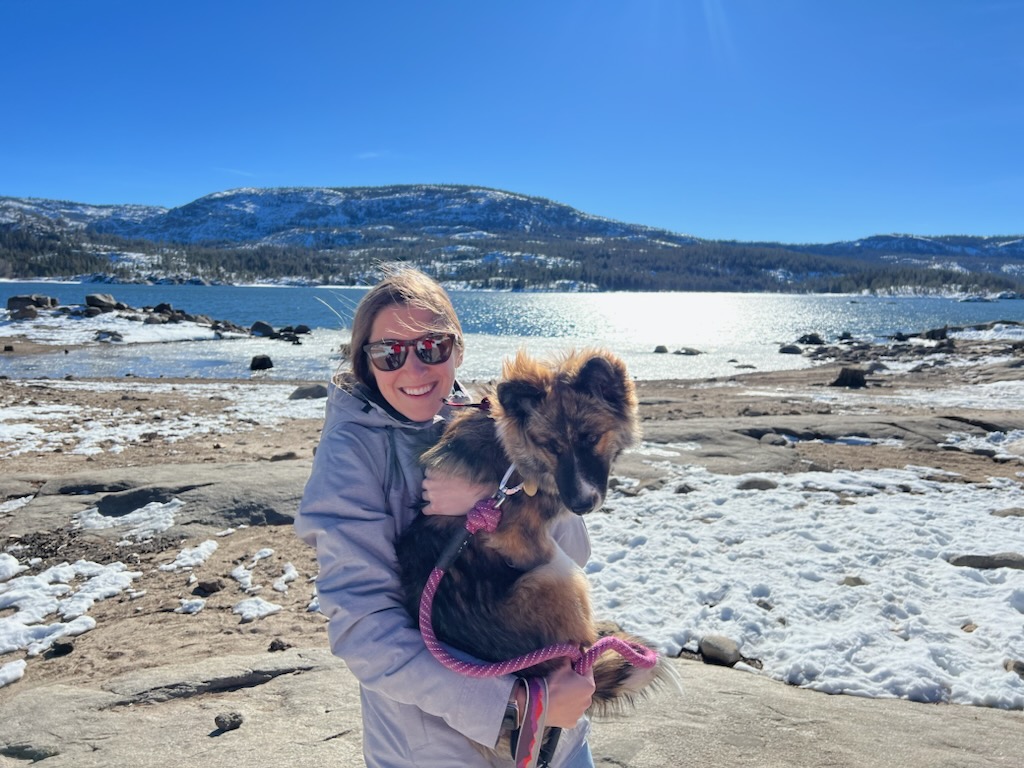
There is substantial scientific research that shows that whole food plant based diets can prevent chronic disease as well as treat and even reverse some diseases; the evidence is always growing. There are a lot of things in life we can’t control (e.g. genetics).
For those who are fortunate to be able to make food decisions each day those are incredible opportunities for our health and longevity. Our food choices also have societal and environmental influences. I’m an animal lover, environmentalist, and social justice advocate. Making plant based food choices is one of the biggest ways I can fit for these values every single day.
Open Your Palate to a World of Flavor, Compassion, and Thriving Health!
Carlie Arbaugh, MD, Chef in training
Start with plant based foods that you know that you like (e.g. favorite fruits, vegetables, grains, beans, nuts). Slowly introduce yourself to new plant based foods. Find ways to eat your favorite things that would normally have an animal product in them with a plant based substitute instead. For example, if you like milk in your coffee, tea, smoothie, boba, or cereal, experiment with a non-dairy milk (e.g. nut, seed, or grain milk) instead of cow’s milk.
Instead of scrambled eggs, try a tofu scramble with spices and veggies. Instead of grated Parmesan, try nutritional yeast in your pesto or on your popcorn. For a baked good that calls for eggs or butter, try natural plant based substitutes like bananas, apple sauce, or a flax ‘egg’. For a meat dish try tofu, seitan, or tempeh instead of the meat. Eat dishes that are colorful and appealing to the eyes. And eat dishes that are flavorful with herbs and spices and prepared in ways that create textures you enjoy (creamy, crispy, crunchy, etc.).

When food is one of your love languages and your partner is into cooking and eating good food too 🥰
Carlie Arbaugh, MD, Chef in training
I love to both cook and eat 🙂 There are too many types of foods, recipes, and restaurants to list! For traveling, I recommend the Happy Cow app to help identify restaurants with vegetarian and vegan options. And if you go to a restaurant and don’t immediately see vegetarian or vegan items on the menu, ask. Many are willing to make substitutions or prepare something plant based with the ingredients they have in their kitchen.

What are a few misunderstandings surrounding individuals who follow a vegan or vegetarian lifestyle?
Some people worry about getting enough protein if they shift to eating more plant based foods and fewer animal based foods
Carlie Arbaugh, MD, Chef in training
I often hear concerns about getting enough protein from a plant based diet. This is just simply not an issue on a diverse whole food plant based diet. All plants have some protein in them and there are certain plants that are particularly high in protein e.g. tofu, seitan, tempeh, beans, legumes, nuts, etc. Some plant foods are equivalent or higher in protein than meat and dairy. Plus plants don’t come packaged with some of the harmful aspects of animal products such as saturated fat. Plants also come packaged with additional healthful elements like fiber, vitamins, and minerals.

The one micronutrient that you do need to make sure to supplement if you decide to go strictly vegan (zero animal products) is vitamin B12. This comes from animal products. It also comes from dirt, but our food is too clean these days 😉 Vitamin B12 is available at most grocery stores and pharmacies and is pretty inexpensive. You can also look for a multivitamin that has vitamin B12 in it.
The other concern I hear about going plant based is culture. In fact many cultures were primarily plant based originally. We have adopted a lot of harmful animal farming practices to keep up with the meat and dairy demand that has become a daily part of life. It’s not healthy and it’s not sustainable. There are ways to eat plant based in every culture and ways to return to traditional diets or make simple substitutes in traditional recipes. Eating plant based can be culturally diverse, respectful, and celebratory.
Making healthy eating delicious, efficient, and environmentally friendly
Carlie Arbaugh, MD, Chef in training
As with any other behavior change or new habit, set achievable goals. You don’t have to become vegetarian or vegan overnight. Consistent small changes that build will be more sustainable and enjoyable.
Maybe start by having one meatless or animal product free day a week (e.g. Meatless Mondays) or making one of your meals everyday vegetarian or vegan. Or challenge yourself to participate in a one month vegetarian or vegan challenge (e.g. Veganuary). If you’re not ready to take meat or dairy out of your diet, consider playing with proportions. Instead of meat or dairy being the main course or taking up the majority of your plate, make the majority of your meals plants and use meat or dairy as a condiment. Note how your body feels as you make these transitions.
Initially you may have cravings for meat or dairy. That’s normal. Caseins in cheese, for example, can be very addictive. But if you stick with it I’m willing to bet that your body will feel better and you’ll likely discover some new foods you like 🙂
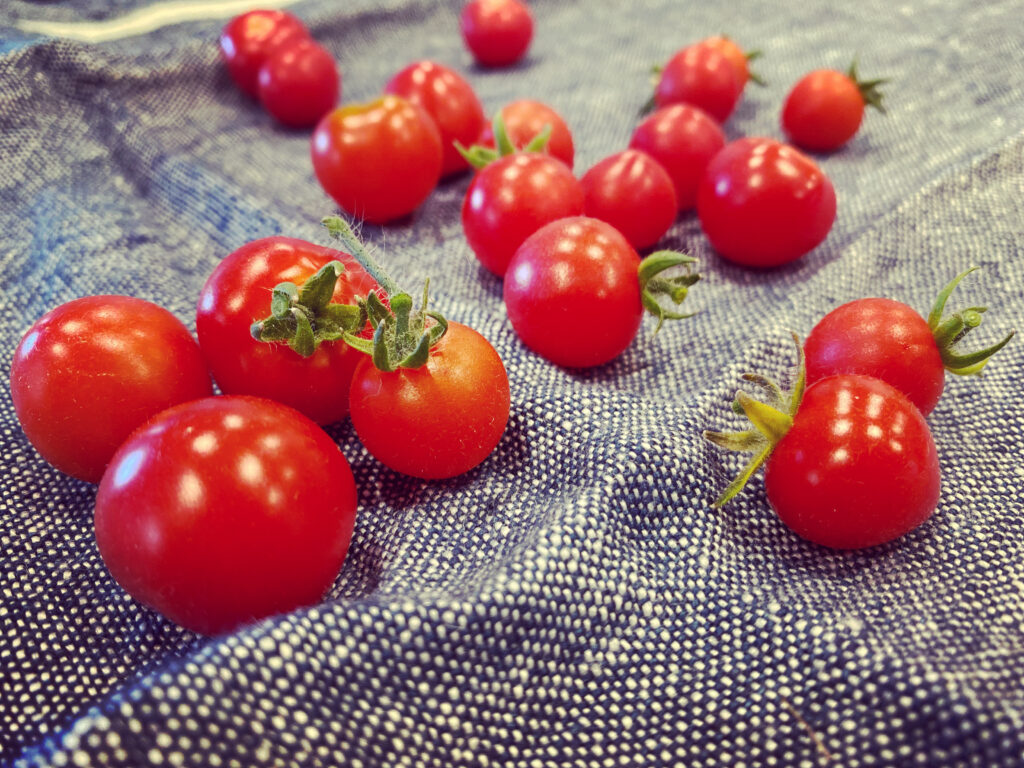
Get outside, move, and spend time with the people (and animals) you love 🥰
Carlie Arbaugh, MD, Chef in training
If you do not have the goal of becoming a vegetarian or vegan this interview content is still for you! Shifting to a diet higher in plants and lower in animal products will still have a huge positive impact on your health, the health of your loved ones, animal welfare, the environment, and social justice. Everyone is on their own journey. It’s about meeting and supporting each other where we’re at <3
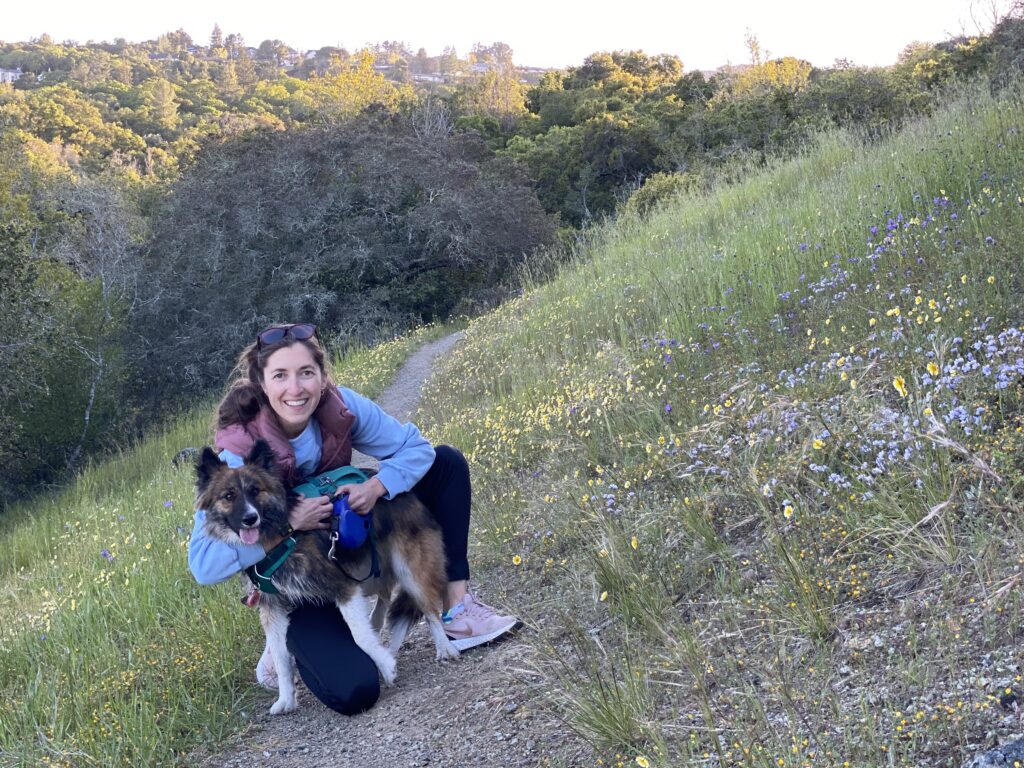
Dr. Carlie Arbaugh
plant based 🌱doctor/surgeon 🩺👩🏻⚕️ chef 👩🏻🍳
DEI advocate 👊🏿🌈 traveler 🌎🗺 dog lover 🐶🐾 on the move 🏃🏻♀️ good vibes 😎🧘🏻♀️
all images courtesy of Dr. Carlie Arbaugh
